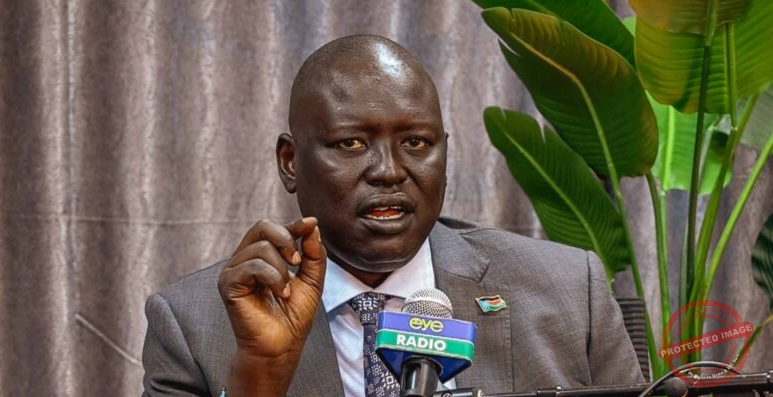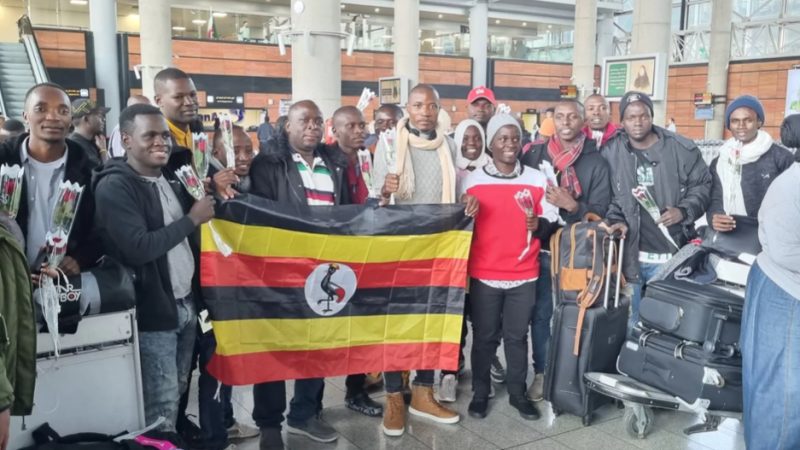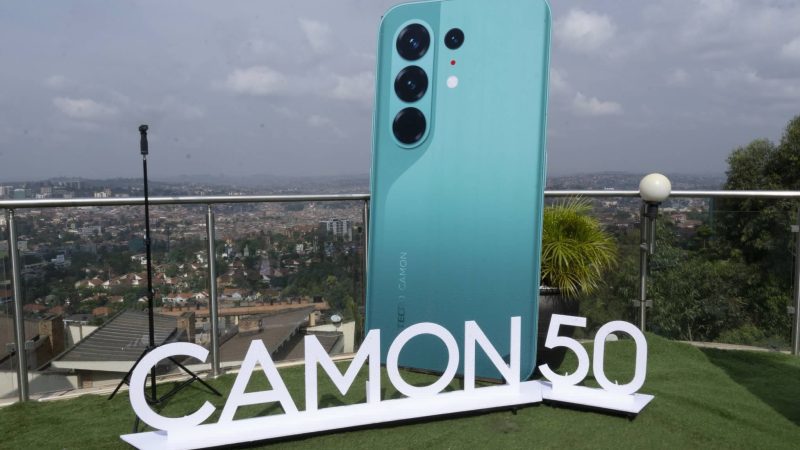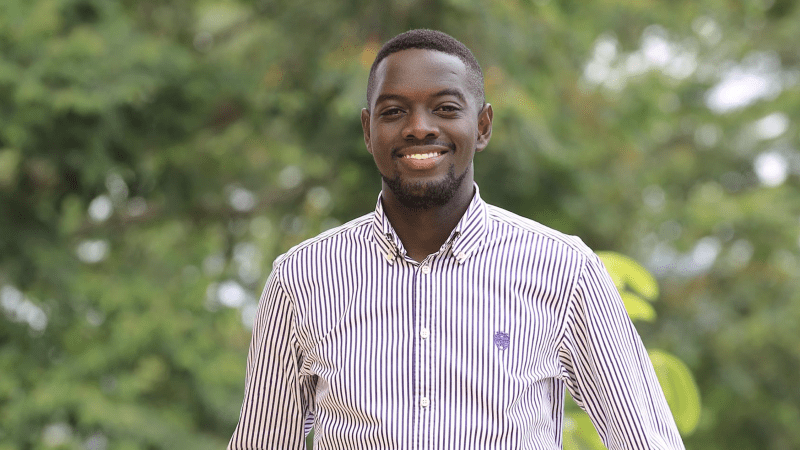The benefits of a connected life are immense. Connectivity is a necessity in today’s world. However, some parts of Uganda remain either unserved or underserved.
To address this challenge, the Uganda Communications Universal Service and Access Fund (UCUSAF) formally known as the Rural Communications Development Fund (RCDF) was established back in 2003 with a core function of effecting communications interventions in areas that are underserved to ensure that they, too, get access to communications services that are comparable to those in the served areas.
All licensed telecom operators in the country are required to pay a statutory 2% levy on their annual gross revenues to the Fund administered by Uganda Communications Commission.
MTN Uganda recently boosted the Uganda Communications Universal Service and Access Fund with UGX 36 billion for the year 2023 towards extending communications services to the underserved and unserved areas.
According to Andrew Bugembe, the chief finance officer of MTN Uganda, contributing to the UCUSAF speaks a lot to MTN’s ambition that seeks to increase both digital and financial inclusion to areas that are unserved or underserved today.
“These are funds you pay and feel warm because this is a pertinent project that is impacting lives. At MTN we believe that we are unstoppable but there is no greater feeling than knowing that you are improving and impacting the lives of people,” says
Bugembe further notes that the uniqueness with this fund is that telecoms get to support communities that cannot afford connectivity.
“These funds take care of areas that ordinarily any company would not invest in because it is not profitable. We saw that during the Covid 19 pandemic, the digital divide was very visible between those who could study or work and those who couldn’t. This fund supports the communities to be able to have connectivity in very remote areas across the country, something that is aligned with our belief that everyone deserves the benefits of a modern connected life,” Bugembe says.
The impact
The projects implemented by the fund include; 76 Internet points of presence (POP), 106 Internet cafes, 78 ICT training centres, 4,099 Public payphones, 78 District web portals, 13 Multipurpose Community Tele-centres (MCT), 45 Postal projects, 708 School ICT laboratories, 174 Health ICT facilities, 90 Voice network sites, 106 Content development projects, 2 Local governance projects, and 31 Other unique projects.
The direct impact realized out of the projects implemented includes; 100% voice coverage at the sub county level, 100% data coverage for every district town of Uganda, teaching of Computer Studies as a subject in at least 50% of government secondary schools and basic ICT equipment in all district government hospitals
According to the Uganda Communications Commission (UCC) Q2 2022 market performance report, the total number of connected mobile phone devices increased from 35 million in April to 36.1 million in June 2022. The total number of broadband connections stood at 23.7 million subscriptions as digital financial services had a total of 40.7 million during the same period.
Rural Communication and 5G
With the proliferation of 5G, MTN’s CEO Sylvia Mulinge notes that through the fund, those areas shall be covered accordingly to ensure that nobody is left behind.
“We are actively partnering with government to ensure that everyone is included. For the masses in those regions, it will probably be a journey of moving from 2G to probably 4G and then eventually evolve to 5G,” Mulinge said.
Although rolling out 5G comes at a 50% higher cost than 4G, deliberate plans are underway to have 5G rolled out across the 3200 masts of MTN in the country within the next 2 years to ensure that no one is left behind.
Internet-enabled devices
While the communication technology is getting rolled out, the masses can only reap its benefits if they can actually use it; this calls for affordable internet enabled devices.
According to Irene Kaggwa, the Uganda Communications Commission Executive Director, talks are ongoing with government and telecom sectors as well as development partners to address the issue of the affordability and accessibility of devices.
“As UCC we have an on-going program for the people at the bottom of the pyramid. So they are being given one tablet per household so that they can enjoy the benefits of connectivity as a way of getting people to appreciate the value of connectivity,” Kaggwa says.
Taxation
Chris Baryomunsi, the minister for ICT and National guidance asserts that the taxation is a huge impediment to the achievement of universal access to communication, especially in the rural areas where household incomes are very low.
“As a ministry, we have been examining the digital taxation regime in Uganda. We are engaging Ministry of finance to drop the existing taxes which are a hindrance to the penetration and usage of ICTs in the country,” Baryomunsi says.
Baryomunsi notes that the cost of devices is also highly influenced by taxes.
“A few years ago the average cost of a smartphone was 1m but currently it is at around 150,000/= However, we need to drop this cost to 40,000/= to ensure that more Ugandans, including those in rural areas can consume ICT services,” Baryomunsi says noting that this can be achieved if the taxation on smartphones is revised.
While the contribution to the fund and geographical coverage of the country by telecom operators is crucial towards achieving universal communication services across the country, it will take joint commitment and deliberate interventions by all sector players for the country to extend universal communication services to all.











